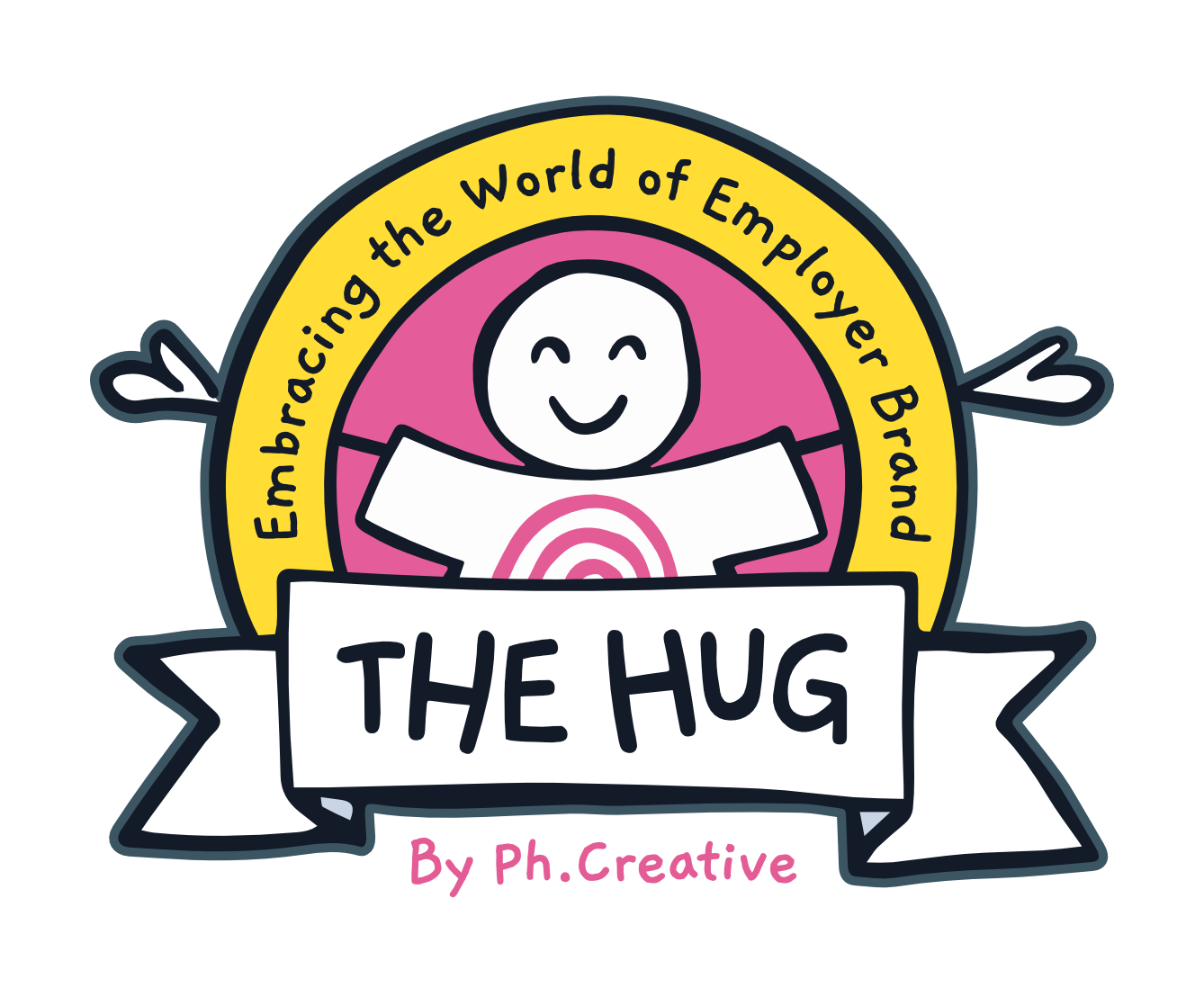90% of Talent Care More About This than Salary
2 min read. Whether you appreciate the value of employer branding or not, there’s no getting away from the fact today’s talent want more from their job than before. Millenials and members of Gen Z, who make up most of the workforce, value salary less than their predecessors and they are seeking a deeper connection with the brands they work for.
Whether you appreciate the value of employer branding or not, there’s no getting away from the fact today’s talent want more from their job than before. Millenials and members of Gen Z, who make up most of the workforce, value salary less than their predecessors and they are seeking a deeper connection with the brands they work for.
You already know that employees are searching for something more meaningful than your average nine to five; you might not have realised, however, that 90 percent are willing to take a pay cut to get it.
But what is the anatomy of meaningful work? What that keeps talent engaged, motivated and performing at their best?
As ex-president Obama put it in his recent Netflix documentary Working: What We Do All Day, “What makes a good job good? Is it the paycheck? The schedule? The stability? It’s all of that. And one more thing too. A good job is one where you feel seen and valued, where you might have a chance to grow.”
To consider their work ‘meaningful’, talent must feel three key things:
1. That they are part of a bigger picture
2. That they are making a positive impact
3. That they belong to a community that shares their values.
We call this trifecta of engagement purpose, impact and belonging. As a business leader, it's essential you understand the value of your people feeling this way. Not only does it lead to happier and more engaged employees, but it also positively impacts your organization's bottom line.
How to Create a “Meaningful” Culture
1. Define and communicate your organization's purpose
Your workers today want to know what your organization stands for and how their work contributes to the larger mission. They want to feel valued internally and by the world at large. Clearly defining and communicating your organization's purpose can help employees feel like they are emotionally connected to something bigger than themselves and will unify their efforts towards a long-term goal.
2. Empower employees to make an impact
Giving employees autonomy and opportunities to contribute to important projects and initiatives can help them feel like they are making a difference. This leads to increased job satisfaction and a deeper connection to the organization. It’s not rocket science; people who have a vested interest in the impact of their work stay longer. Mission-driven workers are 54 percent more likely to stay at the same company for five years.
3. Foster a sense of community and belonging
Creating a positive work culture where employees feel valued and respected leads to a strong sense of belonging. Encouraging team building, collaboration and social get togethers can help to foster these relationships.
4. Provide opportunities for growth and development
Nearly 90 percent of millennials say professional growth and career development are very important to them, so regular opportunities to upskill are vital. Investing in your employees' professional development shows that you want them to succeed and gives them a greater sense of momentum, motivation and purpose.
5. Know your company values
When it comes to values, it is crucial that you and your employees are singing from the same hymn sheet because jobseekers are taking more notice of the values and reputation of a company before applying for roles. By getting clear on what is important to your organisation and communicating that effectively, you will draw in the right kind of people whose priorities align with the business. The result? A happier and more engaged workforce.
In today's competitive job market, it is more important than ever to prioritize employee purpose, impact, and belonging. In doing so, you will attract and retain top talent while also creating a positive impact in the world. Remember, a strong sense of purpose and community can lead to happier employees and a stronger bottom line, because organisations with high levels of engagement have been shown to perform better.
Sign up to our blog

Every other Thursday we share:
✔ One feature full of our freshest insights
✔ An expert hack you'll love to use
✔ The links you need now
+ other helpful bits for thousands of EB and TA pros just like you